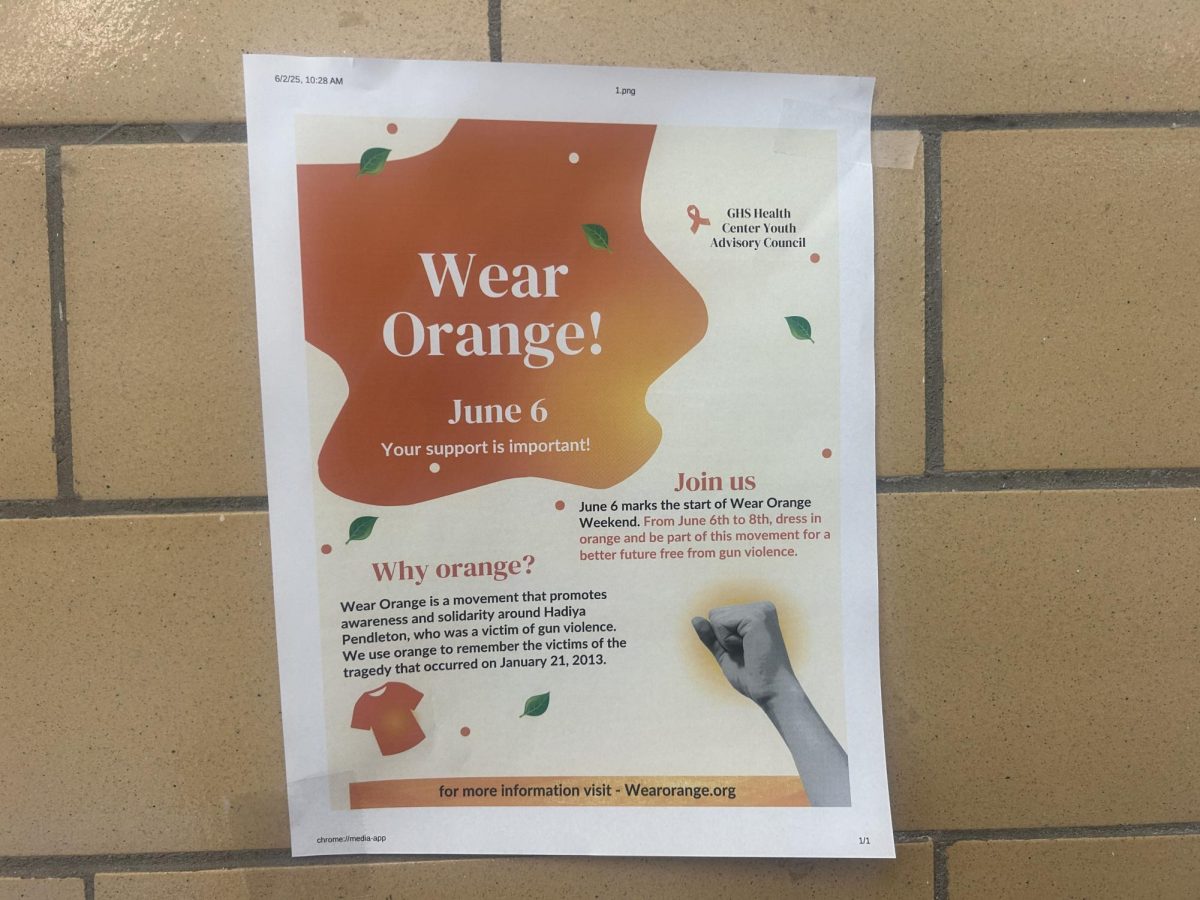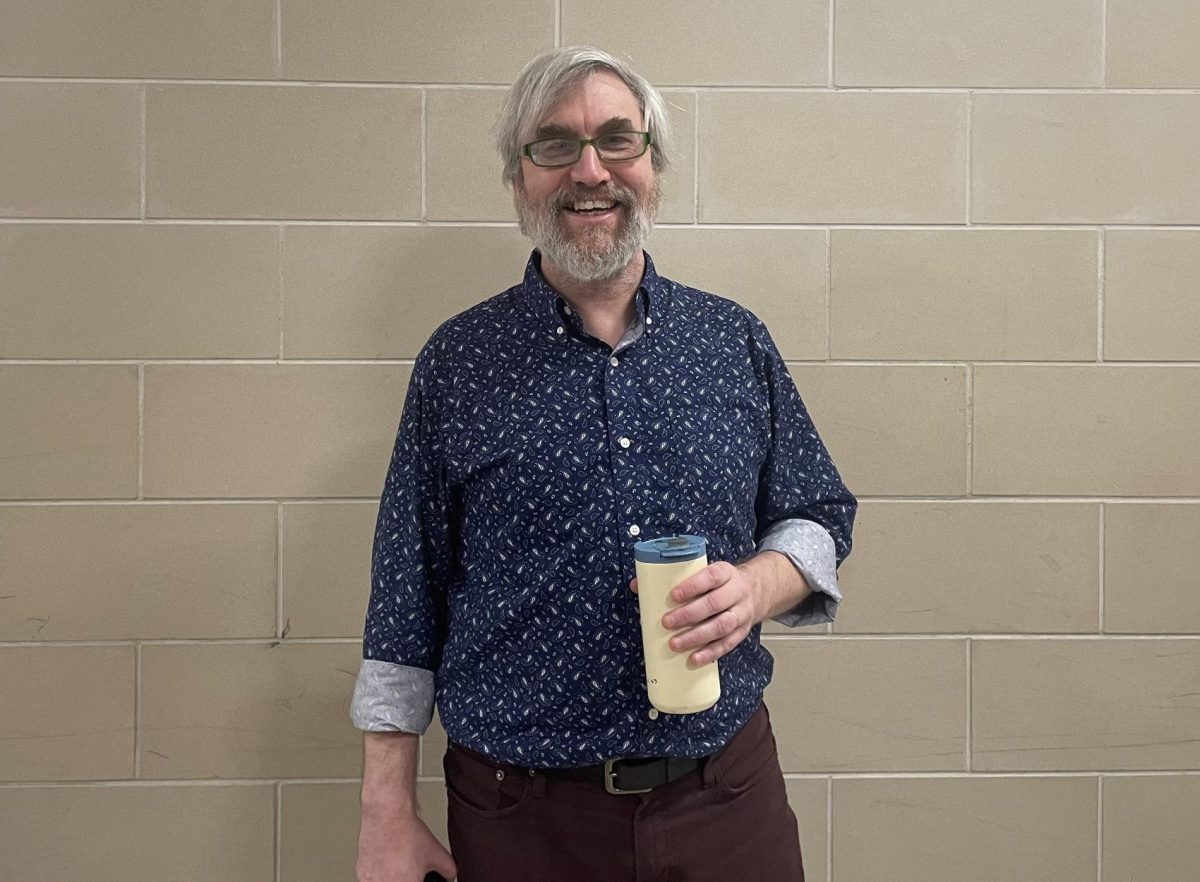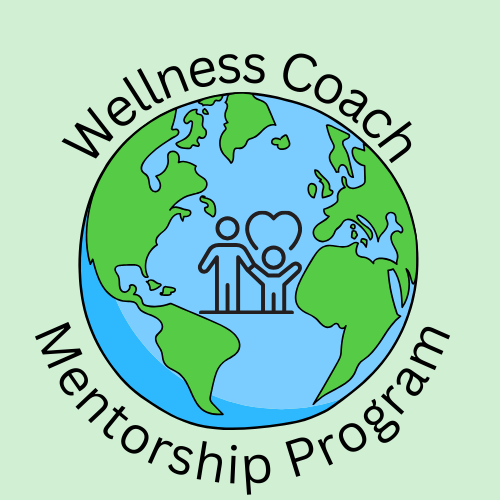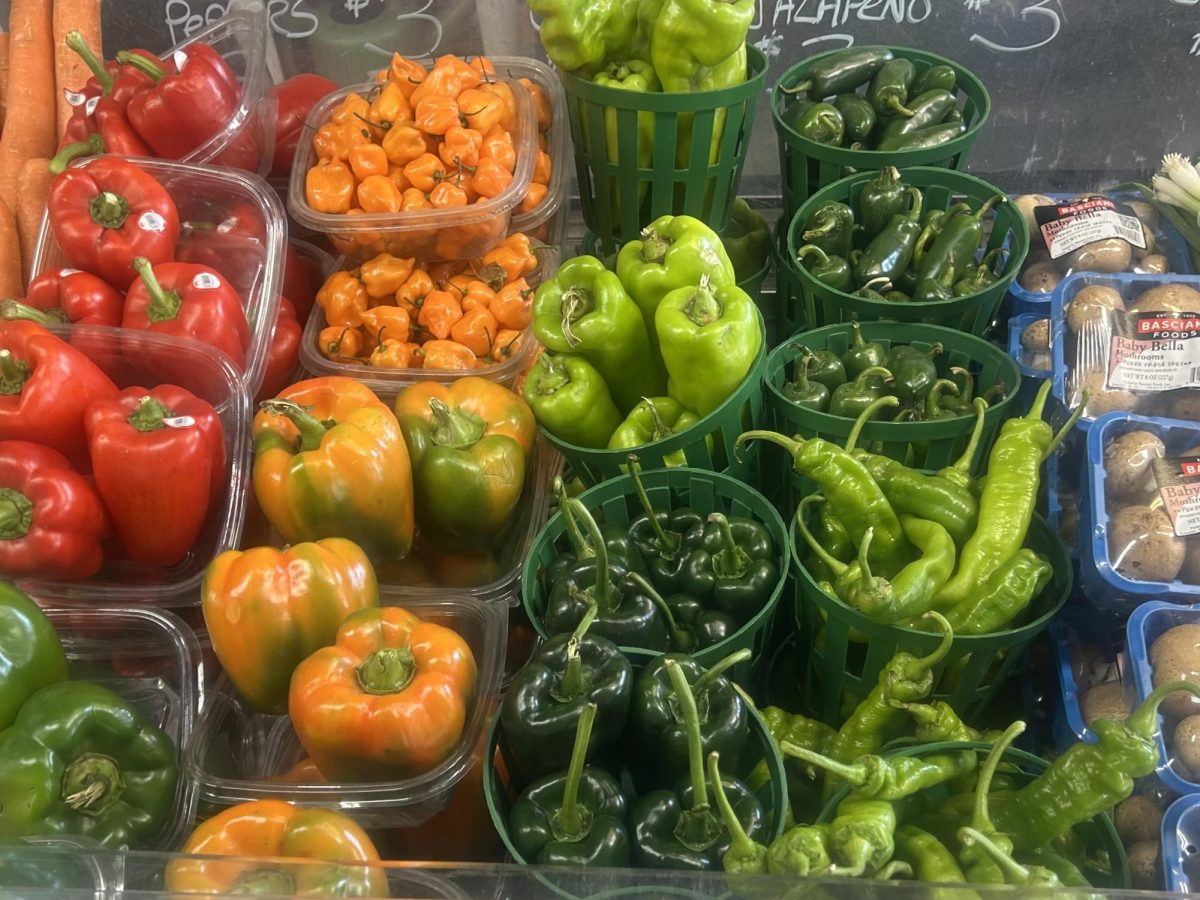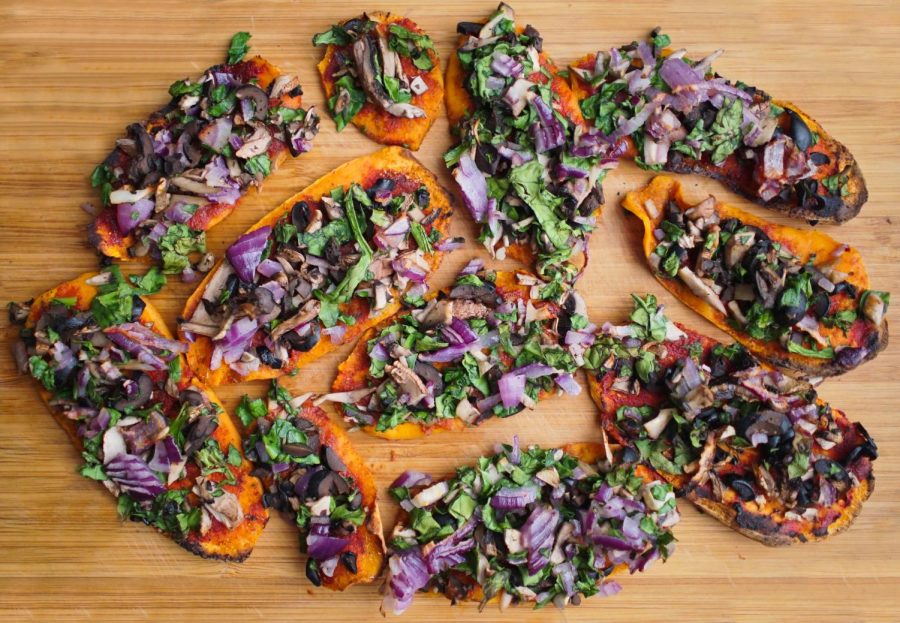Save the world, go vegan
November 8, 2019
At a time when issues like climate change, American obesity, and animal cruelty are coming to the forefront, people may be looking for an accessible way to make a positive impact. If you’re one of these people, consider veganism.
Veganism is a lifestyle that attempts to exclude all animal products such as meat, eggs, and dairy.
Health issues, religion, and parental influence are some common reasons for people of all ages to choose veganism.
But for most vegans, it’s about the bigger picture. Our whole world is going through a climate crisis because of human activity. The raising and processing livestock, such as sheep and cattle, on a large scale produces a vast amount of CO2 gas. We should try our hardest to make sure our Earth doesn’t get to an irreversible state, and curbing carbon emissions is a big part of that. We will reach this irreversible state in the next eight years if we don’t change our lifestyles.
By default, vegans consume way less meat than the average American. Going vegan will directly affect the amount of meat the nation consumes, and therefore, the amount of meat that goes through production.
In addition, eating less meat naturally improves ecosystem health. Although much of the meat we consume is produced on farms, some products (such as fish) are still being harvested from the wild. Overtaxing our resources has the potential to cause the endangerment and extinction of valuable species. In many this has already occurred.
Veganism also offers numerous health benefits for individuals. These include weight control, reduced cholesterol levels, improvement of eczema, lower blood pressure levels, and a decreased risk of heart disease. If more people made the choice to go vegan it would positively impact the overall state of American health.
An argument against veganism is that vegans don’t get the right nutrients such as protein, calcium, iron, vitamin D, vitamin B12 from a vegan diet. While this is true, there are alternatives for getting these vital nutrients.
Beans, lentils, chickpeas, almonds and quinoa have a high levels of protein and iron. You can get vitamin D from mushrooms, orange juice, supplements and tofu. You can receive calcium through sesame seeds, wheat and white bread, rice and oat drinks and some vegetables like broccoli and cabbage.
To get vitamin B12 is a bit more challenging. There aren’t many vegan foods that contain it. But a healthy, safe alternative is B12 spray which enters your bloodstream quickly and efficiently to keep your body’s nerve and blood cells healthy.
In short, going vegan has the potential to benefit the lives of animals, the well-being of the earth, and the health of those who make the transition.
Go vegan to save the planet and yourself.

